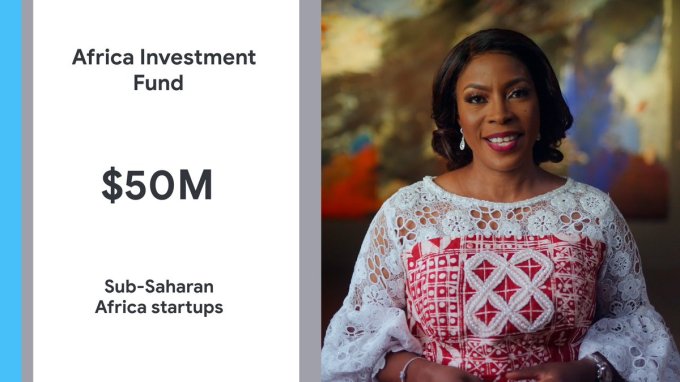Google plans to invest up to $50 million in African early and growth-stage startups, ramping up efforts to support more businesses on the continent.
Google made known its plans today in a virtual event where CEO Sundar Pichai announced the tech giant’s intentions to commit $1 billion over the next five years in tech-led initiatives in Africa.
These initiatives range from improved connectivity via Google’s subsea cable Equiano to investments in small businesses and startups.
Up until now, Google has fulfilled its obligations in the latter through its Google for Startups Accelerator Africa program and the recently launched Black Founders Fund.
The accelerator program has supported more than 80 startups in four years providing equity-free resources. On the other hand, the Black Founders Fund, a $5 million fund, gives dilutive cash awards to black-led startups in the U.S. and Africa.
So far, 50 startups have been selected, each receiving $100,000 in equity-free capital along with credits from Google Cloud, Google.org ads grants, and additional support.

Image Credits:
Unlike both initiatives, the newly announced $50 million fund will see Google take equity in high-growth startups around Africa in exchange for varying check sizes.
In terms of countries and sectors, Nithin Gajria, the managing director of Sub-Saharan Africa, Google, said the Africa Investment Fund doesn’t have any preference yet. He adds that the fund might work in a similar fashion as the Google for Startups Accelerator program.
Although Africa has a Big Four (Nigeria, Kenya, South Africa, and Egypt) in terms of startup and venture capital activity on the continent, the accelerator has made sure to accept applications from startups in less-funded and overlooked regions into the program.
These countries include Algeria, Botswana, Cameroon, Ivory Coast, Ethiopia, Ghana, Morocco, Rwanda, Senegal, Tanzania, Tunisia, Uganda, and Zimbabwe.
For startups who get investments from the Africa Investment fund, Google says they will have access to its employees, network, and technologies.
More to follow.
via Tech News Digest
No comments:
Post a Comment